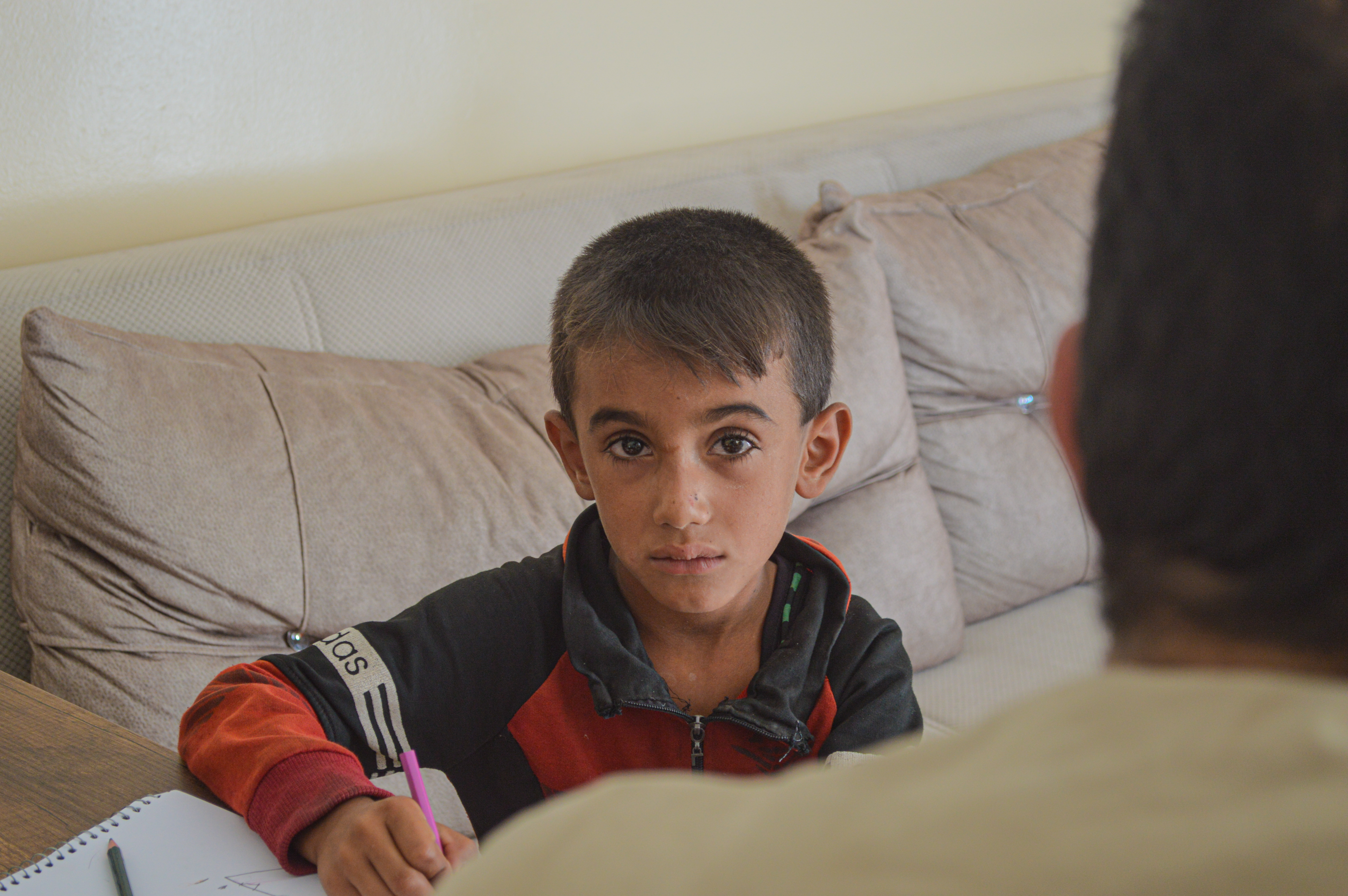Syria crisis: International response not enough

Leading humanitarian agency, World Vision, says the world’s response to 13 years of protracted conflict, hunger, poverty, and displacement in Syria has “not been good enough”.
Today marks 13 years of civil war in Syria and the country is still grappling with a desperate humanitarian crisis in which 90% of Syrians now live below the poverty line.
A US$5 billion United Nations global humanitarian response plan to help get the nation back on its feet has only been one-third funded by governments worldwide.
World Vision New Zealand country director, Ritam Bhattarai, says the lack of funding to support Syrians means food assistance and access to healthcare has been severely cut back.
“The people of Syria have been through more than it is possible to imagine. More than a decade of war, an economic meltdown, catastrophic levels of hunger, a refugee crisis, and most recently a devastating earthquake.
“It is too much for anyone to bear. The level of need in Syria is huge. And yet, the world seems to stand by while the Syrian people suffer. Time does not heal the wounds for Syrians. In fact, as time goes on, these wounds become worse.
“The only remedy for Syrians, whose lives have been wrecked by the ongoing crisis, is action. We must recommit ourselves to finding a solution for Syria and we urge the international community, including New Zealand, to fund urgently needed humanitarian programmes and to ensure unconditional and unrestricted humanitarian access to Northwest Syria,” she says.
Bhattarai says that Syrian face a multitude of challenges, including:
World Vision New Zealand funded a project last year to help combat the spread of cholera in Syria which is common due to the lack of access to clean and safe water.
However, Bhattarai says the recent earthquake has resulted in further challenges, with many families facing the upcoming winter without shelter.
World Vision has been operating in Syria since the civil war began. The organisation’s work focuses on providing water and sanitation infrastructure, health and nutrition programmes, and child protection and mental health support.
Since last year’s earthquake, we have joined with other organisations to launch 50 more projects to help support Syrian people and last year we supported more than 2. 8 million people, half of whom were children.
If you want to support World Vision’s work in Syria, please donate here.
Today marks 13 years of civil war in Syria and the country is still grappling with a desperate humanitarian crisis in which 90% of Syrians now live below the poverty line.
A US$5 billion United Nations global humanitarian response plan to help get the nation back on its feet has only been one-third funded by governments worldwide.
World Vision New Zealand country director, Ritam Bhattarai, says the lack of funding to support Syrians means food assistance and access to healthcare has been severely cut back.
“The people of Syria have been through more than it is possible to imagine. More than a decade of war, an economic meltdown, catastrophic levels of hunger, a refugee crisis, and most recently a devastating earthquake.
“It is too much for anyone to bear. The level of need in Syria is huge. And yet, the world seems to stand by while the Syrian people suffer. Time does not heal the wounds for Syrians. In fact, as time goes on, these wounds become worse.
“The only remedy for Syrians, whose lives have been wrecked by the ongoing crisis, is action. We must recommit ourselves to finding a solution for Syria and we urge the international community, including New Zealand, to fund urgently needed humanitarian programmes and to ensure unconditional and unrestricted humanitarian access to Northwest Syria,” she says.
Bhattarai says that Syrian face a multitude of challenges, including:
- Syria ranks in the top ten countries for the highest number of people facing hunger.
- More than half of the population (nearly 13 million people) are experiencing hunger in 2024, while another 2.6 million are on the brink of food insecurity.
- The need for humanitarian assistance in Syria has reached an all-time high, with nearly 17 million likely to need support in 2024.
- The country continues to endure a protection crisis, with ongoing threats to children, girls, and women.
- Syria hosts the world's second-largest number of internally displaced persons (7 million) many of whom live in overcrowded camps.
- Last year’s large earthquake has meant millions more are unable to meet their basic needs.
World Vision New Zealand funded a project last year to help combat the spread of cholera in Syria which is common due to the lack of access to clean and safe water.
However, Bhattarai says the recent earthquake has resulted in further challenges, with many families facing the upcoming winter without shelter.
World Vision has been operating in Syria since the civil war began. The organisation’s work focuses on providing water and sanitation infrastructure, health and nutrition programmes, and child protection and mental health support.
Since last year’s earthquake, we have joined with other organisations to launch 50 more projects to help support Syrian people and last year we supported more than 2. 8 million people, half of whom were children.
If you want to support World Vision’s work in Syria, please donate here.